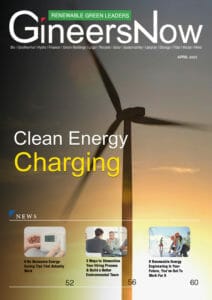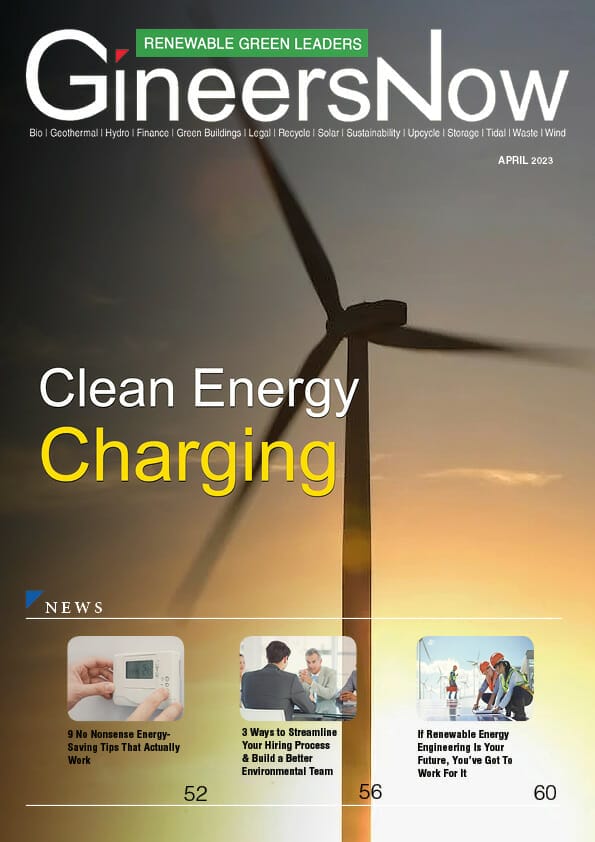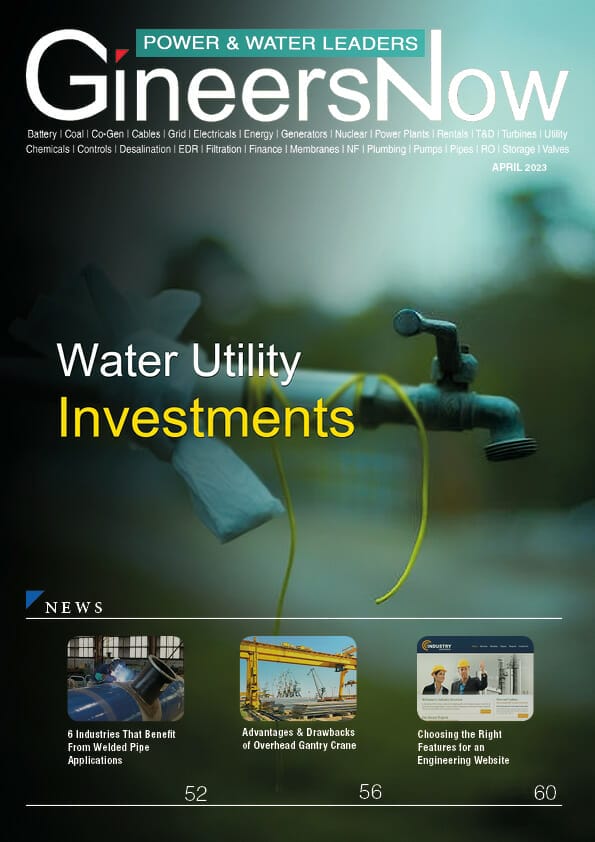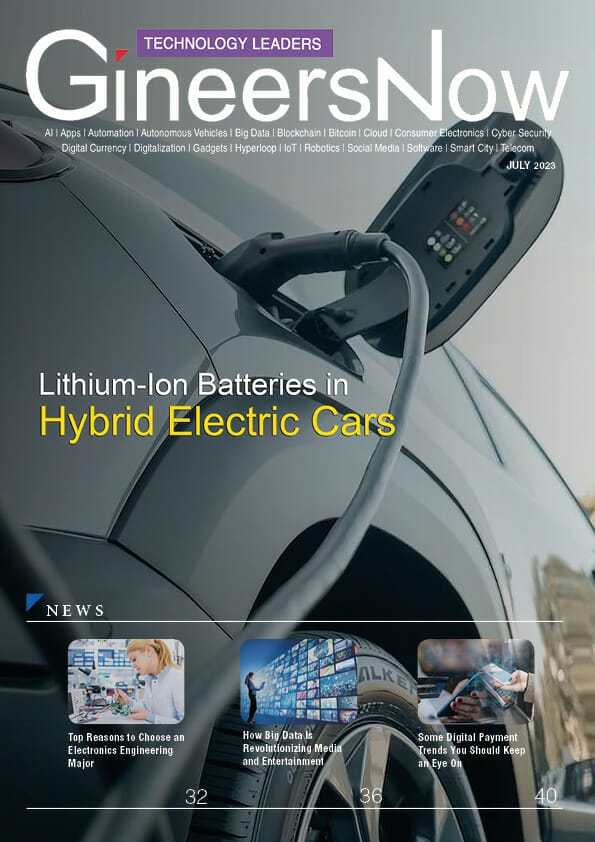As the need to switch to clean energy sources rises, one of the top priorities is finding ways to reduce our dependence on fossil fuels. Clean energy charging has shown itself to be a viable option for transitioning towards more sustainable forms of energy. By utilizing renewable and non-polluting sources of energy, clean energy charging allows us to reduce emissions, cut down on costs, and create jobs in the clean energy industry.
Definition of Clean Energy Charging: What is it?
Clean energy charging refers to the process of powering electric vehicles (EVs) or plug-in hybrid electric vehicles (PHEVs) with renewable energy sources, such as wind or solar power. This means that the electricity used to charge these vehicles is generated from clean and sustainable sources rather than fossil fuels like coal or oil. Clean energy charging is important for reducing greenhouse gas emissions and combating climate change.
Electricity produced by renewable resources can be stored in large batteries or fed directly into an EV’s battery through a charging station. The use of clean energy for transportation not only reduces carbon emissions but also decreases our dependence on foreign oil and promotes local economic growth through the development of renewable infrastructure.
Benefits of Clean Energy Charging
Clean energy charging is an innovative way to power up electric vehicles without harming the environment. This technology involves utilizing renewable energy sources like solar, wind, and hydropower to charge electric cars. There are several benefits of using clean energy charging over traditional methods of vehicle fueling.
Firstly, clean energy charging helps in reducing greenhouse gas emissions as compared to fossil fuel-based vehicle fuels. When we use traditional fuels like petrol and diesel for transportation, it releases harmful gases like carbon dioxide (CO2) into the atmosphere that contribute to climate change. With clean energy charging, you can help reduce your carbon footprint by minimizing your reliance on fossil fuels.
Secondly, clean energy charging is more economical in the long run than gasoline or diesel-powered vehicles. The cost of maintaining a traditional car can be quite expensive with regular oil changes and repairs.
Clean Energy Charging Challenges to Adoption
As the world moves towards a more sustainable future, the adoption of clean energy charging is essential. However, this transition poses several challenges that must be addressed for its successful implementation. One major challenge is the lack of infrastructure to support clean energy charging stations.
Currently, there are not enough charging stations in place to support electric vehicles (EVs), making it difficult for people to switch from traditional gasoline-powered cars. This lack of infrastructure also limits the range of EVs and creates anxiety among drivers who fear they will run out of power before reaching their destination. Additionally, homeowners face challenges installing home charging stations due to high installation costs and limited availability.
Another challenge facing clean energy charging adoption is the issue of standardization. There are currently multiple types of connectors used by different manufacturers, leading to confusion among consumers and hindering the growth of the industry.
Governments & the Environment Impact of Clean Energy Charging
Clean energy charging has become the latest buzzword among policymakers and environmentalists as governments are increasingly looking to reduce carbon emissions. The shift towards sustainable energy sources is imperative, given the detrimental effects of fossil fuels on our environment. Clean energy charging is a game-changer in this regard as it presents an opportunity for countries to transition towards renewable energy sources.
Governments worldwide are beginning to recognize the potential of clean energy charging in mitigating climate change. Countries such as Norway and China have already made significant strides in implementing policies that promote electric vehicles’ adoption, which are powered by clean energy. Incentives such as tax breaks, rebates, and subsidies for buying electric cars make them more affordable than traditional gas-powered vehicles.
Apart from reducing greenhouse gas emissions, clean energy charging can also help create jobs and stimulate economic growth by boosting investment in green technology.
Clean Energy Charging Technologies
Clean energy charging technologies are becoming increasingly important as we move towards a more sustainable future. With the rise of electric vehicles, it’s essential that we have reliable and efficient charging solutions that don’t rely on fossil fuels. Fortunately, there are numerous clean energy charging options available today.
One option is solar-powered charging stations. These stations use photovoltaic panels to generate electricity from the sun and store it in batteries. This stored energy can then be used to power electric vehicles or other devices. Solar-powered charging is not only environmentally friendly but also cost-effective in the long run as it reduces dependence on grid electricity.
Another option for clean energy charging is wind-powered systems. Wind turbines can produce significant amounts of electricity, which can be used to charge electric vehicles and other devices.
Cost of Clean Energy Charging
Clean energy charging is an increasingly popular way to power electric vehicles. While it’s a cleaner and more sustainable option than traditional fossil fuel-powered cars, some people are worried about the cost of clean energy charging. In this article, we’ll explore the different costs associated with clean energy charging and provide some tips on how to save money.
Firstly, let’s look at the initial cost of installing a clean energy charging station. Depending on the type of charger you choose, prices can range from a few hundred dollars for a basic Level 1 charger to several thousand dollars for a high-powered Level 3 charger. However, many governments and utilities offer incentives or rebates for purchasing and installing clean energy chargers, which can help offset these costs.
Another factor that affects the cost of clean energy charging is the price of electricity in your area.
Types of Clean Energy Charging
Clean energy charging is the process of charging electric vehicles using renewable sources of energy. With the rising concerns over climate change, clean energy is becoming an increasingly popular option for powering our daily lives. There are various types of clean energy charging that are available today, each with its own unique benefits.
One type of clean energy charging is solar-powered charging. Solar panels absorb sunlight and use it to convert it into electricity that can be used to charge electric vehicles. This method is highly sustainable and has no carbon emissions, making it a popular choice among environmental enthusiasts. The downside to solar-powered charging is that it requires access to direct sunlight, which may not always be reliable depending on the weather conditions.
Another type of clean energy charging is wind-powered charging. Wind turbines generate electricity by harnessing the power of wind currents in the air.
Impact of Clean Energy Charging on the Environment
Clean energy charging is an innovative solution that has made a significant impact on the environment. The use of electric vehicles and clean energy charging has been one of the most effective ways to reduce greenhouse gas emissions, which are responsible for global warming. These technologies have revolutionized the transportation industry, providing a cleaner and more sustainable future.
The adoption of clean energy charging is growing rapidly, with governments worldwide investing in infrastructure for electric vehicles. As more people opt for environmentally-friendly modes of transportation, the demand for non-renewable fossil fuels decreases significantly. This shift in consumer behavior is helping to reduce pollution levels and improve air quality in cities around the world.
Furthermore, clean energy charging technologies such as solar-powered stations are becoming increasingly popular due to their ability to generate electricity without producing any greenhouse gases or other harmful pollutants.
Takeaway: The Benefits of Clean Energy Charging
In conclusion, clean energy charging is a great way to reduce environmental damage and improve air quality without sacrificing the convenience of modern technology. It not only helps reduce emissions but also reduces the need for combustible fuels such as gasoline and natural gas. Clean energy charging not only has environmental benefits, but it can also save money in the long run by reducing energy costs. Furthermore, clean energy charging promotes sustainability, which is critical in today’s world where resources are becoming increasingly limited.
Read GineersNow’s Renewable Green Magazine for FREE
Editor’s Note
Clean Energy Charging is a revolutionary technology that has been gaining traction in recent years. This technology allows you to charge your electric vehicle using clean and renewable sources of energy, such as wind or solar power. Clean Energy Charging has numerous benefits for both the environment and consumers, making it an ideal alternative to traditional fossil fuel-powered vehicles.
One of the major advantages of Clean Energy Charging is its positive impact on the environment. By utilizing clean and renewable sources of energy, you can significantly reduce your carbon footprint and help combat climate change. Additionally, Clean Energy Charging helps reduce pollution levels by reducing harmful emissions from fossil fuels. This means that not only are you protecting the planet, but you’re also helping to promote cleaner air quality in your community.
Another benefit of Clean Energy Charging is its cost-effectiveness over time.
The use of clean energy charging has a multitude of benefits for both individuals and the environment. From reduced electricity costs to lower carbon emissions, this technology is helping us move towards a more sustainable future. By implementing cleaner energy sources such as solar, wind, and geothermal, we are also making progress toward reducing our dependence on fossil fuels. Additionally, clean energy charging stations provide a convenient and reliable way to recharge electric vehicles.

















